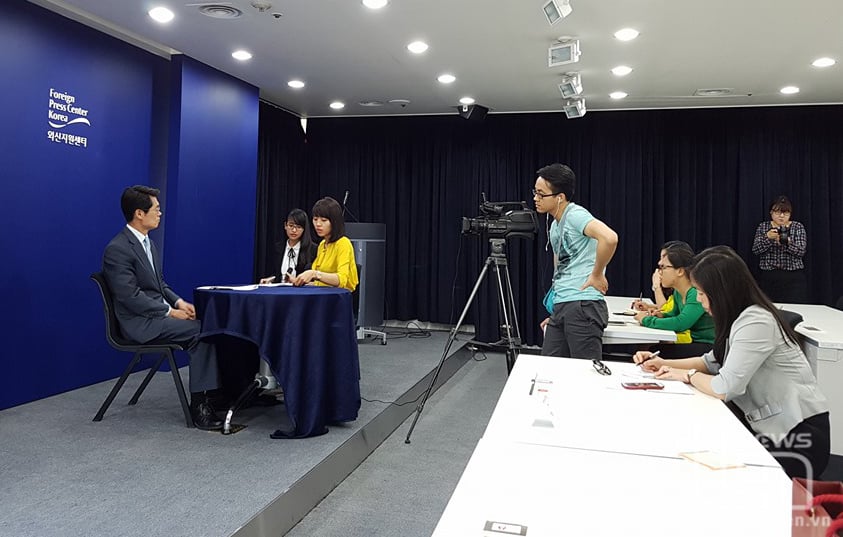 |
| Vietnamese reporters interviewed the Director of the Foreign Press Center (Ministry of Culture, Sports and Tourism of Korea). |
Technology has been changing journalism.
More than two decades ago, the deployment of websites by newsrooms was considered a breakthrough, helping news no longer be limited by space and time. This trend quickly became the norm, as readers could access information anytime, anywhere, with just a mobile device connected to the internet.
Journalist Phan Huu Minh, former Editor-in-Chief of Thai Nguyen Newspaper, shared: When the trend of electronic newspapers was formed, we immediately caught up and launched Thai Nguyen Electronic Newspaper.
After online newspapers, there has been the development of social networks such as: Facebook, Twitter/X, Instagram, TikTok... Up to now, the strong trend of new technologies such as artificial intelligence (AI), big data, machine learning, virtual reality (VR/AR)... has participated in the process of newspaper production.
Thanks to digital platforms, news can now be delivered instantly across a range of channels, from mobile apps and websites to social media and podcasts. Breaking global events can reach viewers within minutes, or even seconds, of happening.
But technology goes beyond speed, providing powerful tools to help journalists improve the quality of their work. AI can suggest headlines, translate instantly, and even assist with drafts.
Big data mining software helps analyze public opinion trends and user behavior. OSINT opens up a huge repository of information from open sources such as satellite images, public data, security cameras... helping journalists investigate or report on war without having to be present at the scene.
Many major newsrooms around the world have quickly adapted to this wave. The New York Times, BBC, Reuters… have all built their own technology teams, developing proprietary tools to collect and analyze data.
Park Jinhyung, a reporter for Yonhap News Agency, South Korea, shared: Yonhap News has established an internal “AI Content Department” to apply AI technology to professional activities such as news gathering and writing. Articles with a certain format and requiring quick reporting such as weather and earthquakes, AI will automatically draft, then reporters will review and send. Recently, the agency also started a new service, in which AI will automatically check research reports published online by government agencies and notify reporters in charge of related fields. This is a tool that helps reporters reduce the effort of searching for information on websites and work more effectively.
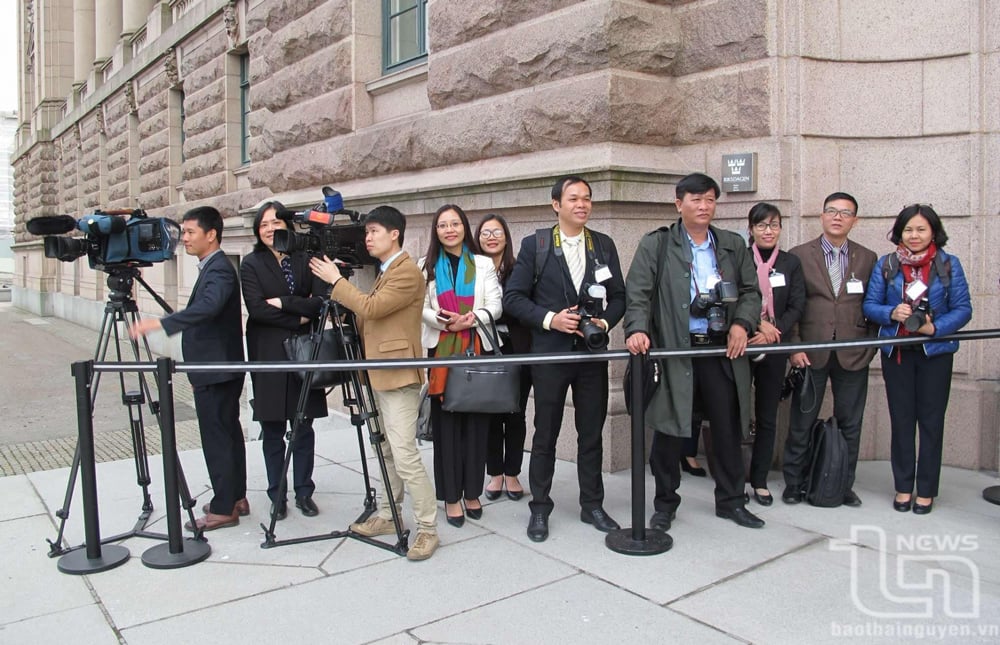 |
| The National Assembly Chairman's specialized reporter team works in Sweden. |
Technology skills
To master technology, international journalists cannot just write or interview. They must become people who understand the tools and apply technology proficiently in every stage of the reporting process.
Some indispensable skills include analyzing satellite data to using image or voice recognition software, accessing advanced tools to investigate and verify information.
As fake news and deepfakes spread, journalists need to know how to verify information to ensure its reliability. Working in a risky online environment, journalists need to know how to use encryption, VPNs, and secure password management to avoid being attacked or tracked.
Press agencies and journalists developing social media platforms at press agencies need to understand the algorithms and underlying mechanisms of TikTok, YouTube or Facebook so that content reaches the right audience.
Information needs to be oriented through the creativity of journalists to both achieve propaganda effectiveness and attract readers.
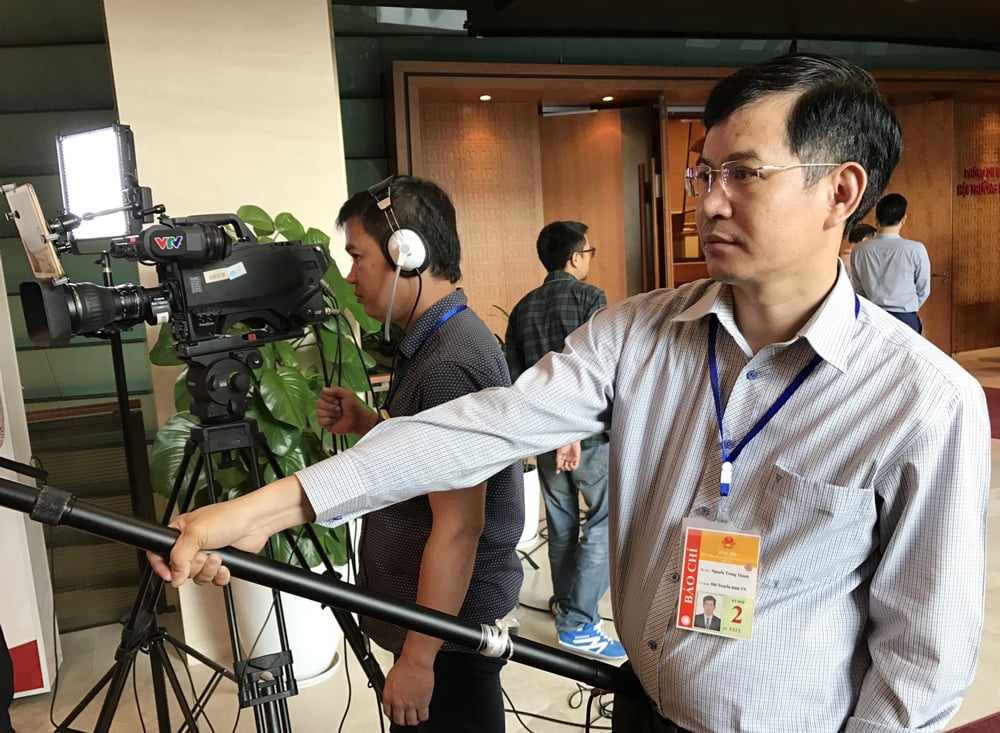 |
| Vietnam Television reporters prepare modern working equipment. |
Efforts to "break the barrier"
However, not all journalists have a technological background. Access to digital tools can leave some feeling overwhelmed, easily dependent on software, and unintentionally forgetting core values such as humanity and professional ethics.
Even the line between a journalist and a data engineer is increasingly blurred, raising the question: Who controls the information?
According to Mr. Lam Quang Sy, reporter of the People's Representative Newspaper (former full-time reporter of the National Assembly Chairman, National Assembly Television Channel): We are not afraid of technology and AI taking away jobs, because the creativity of journalists is the measure of the quality of press products. Any technology must be suitable for the purpose of use, suitable for the output product, and owned by the journalist himself.
The solution to this problem is the “hybridization” of journalism and technology in training. Journalism schools need to integrate digital technology subjects, OSINT skills, cyber security, etc. into their training programs. At the same time, journalists need to work closely with technology engineers to build new, creative and sustainable media products.
Associate Professor, Dr. Nguyen Ngoc Oanh, Head of the Department of International Relations, Academy of Journalism and Communication, commented: Future journalists need early experience with technology and applied research to be able to adapt to the constant changes of modern journalism. This is also what I always teach my students.
The world press is entering a new era, where technology is not only a supporting tool, but also a factor shaping both content, form and transmission speed.
For journalists, mastering technology is no longer a choice, but a condition for survival. But technology, no matter how modern, is still just a means. What makes a true journalist is ethics, courage and the spirit of serving the public - values that never go out of style, even in the digital century.
Source: https://baothainguyen.vn/xa-hoi/202506/nha-bao-quoc-te-phai-la-chuyen-gia-cong-nghe-8c720a9/


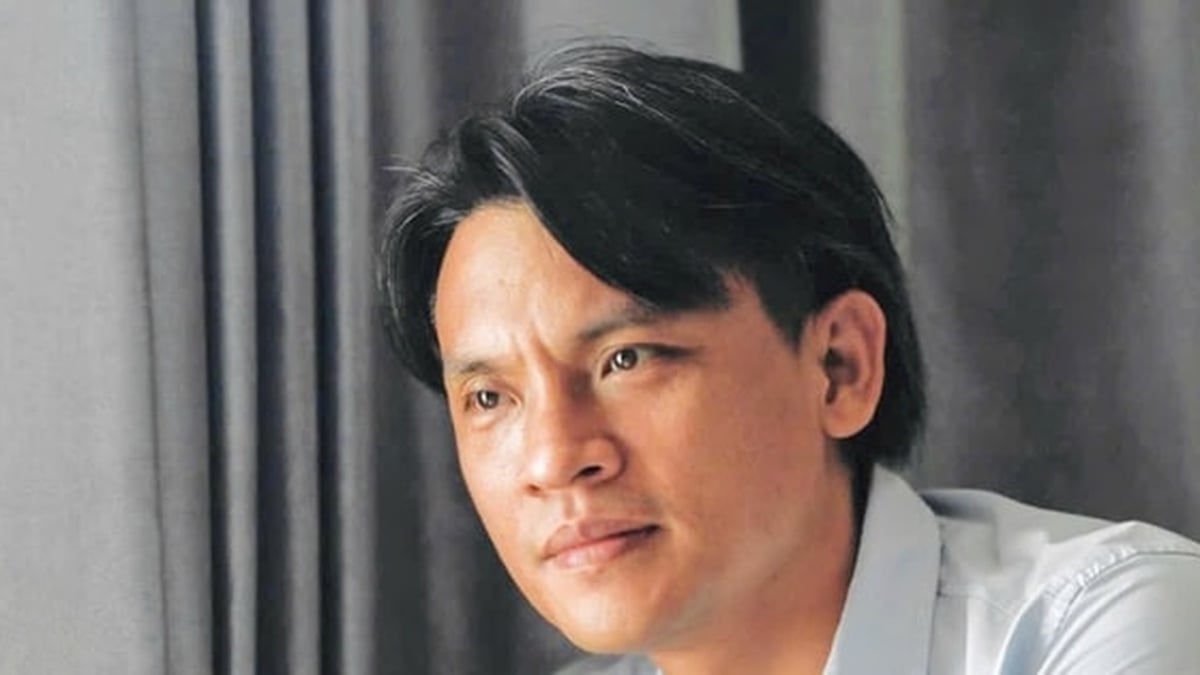
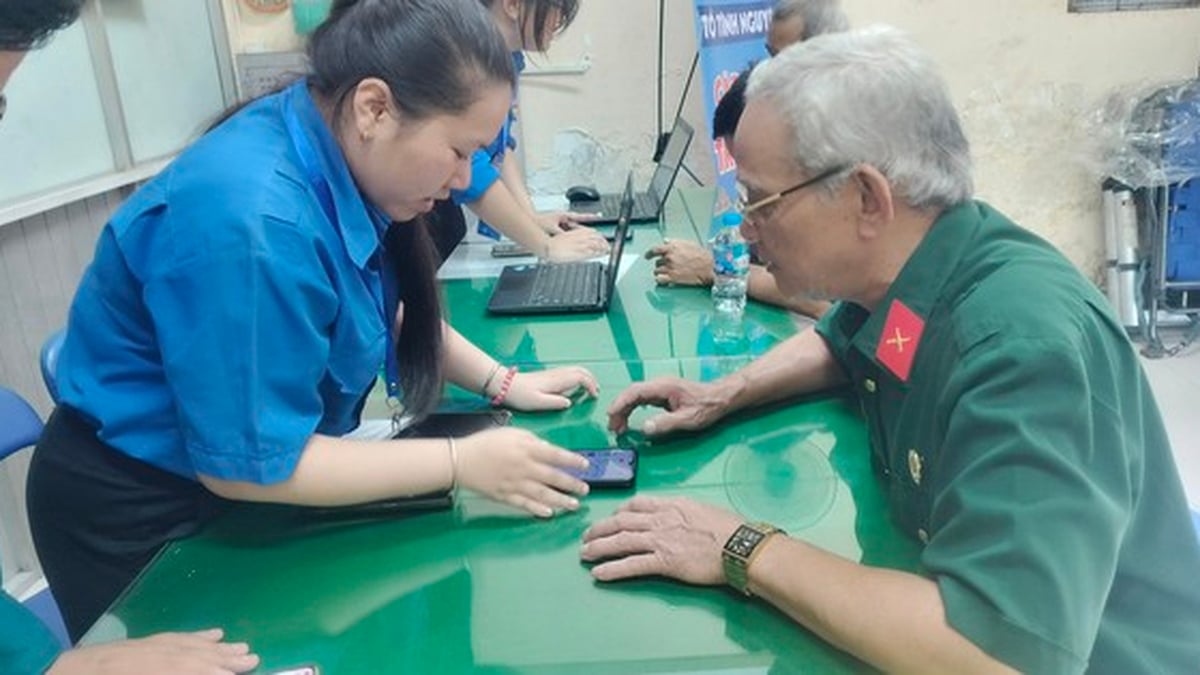
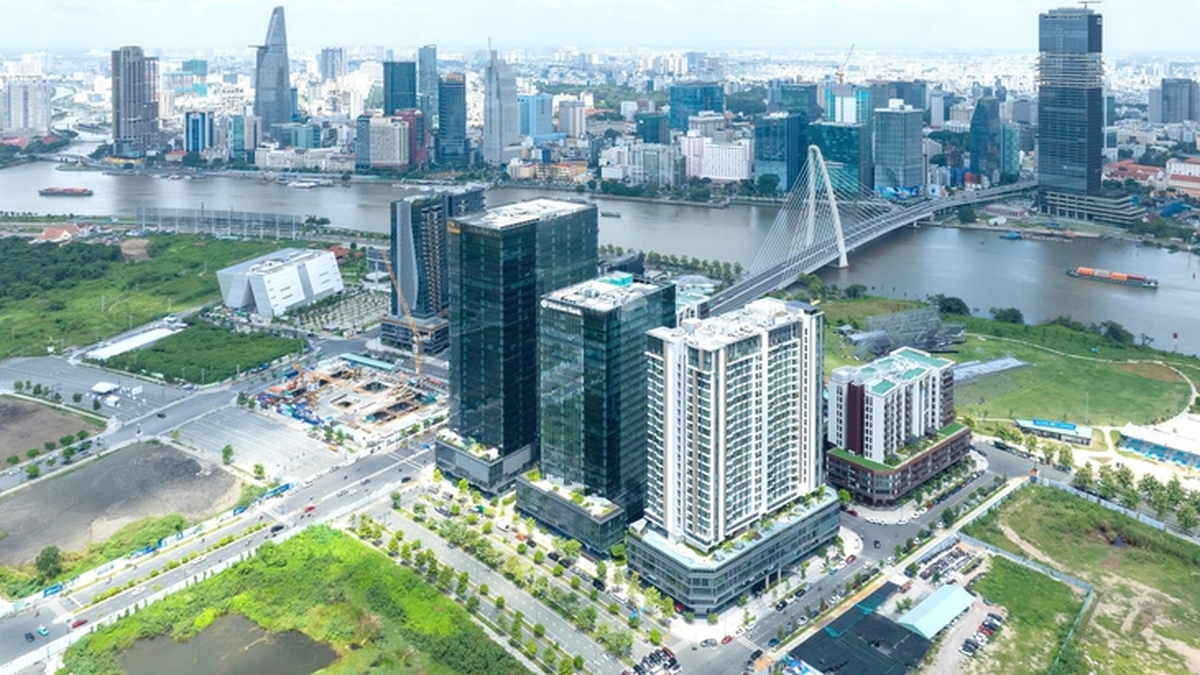




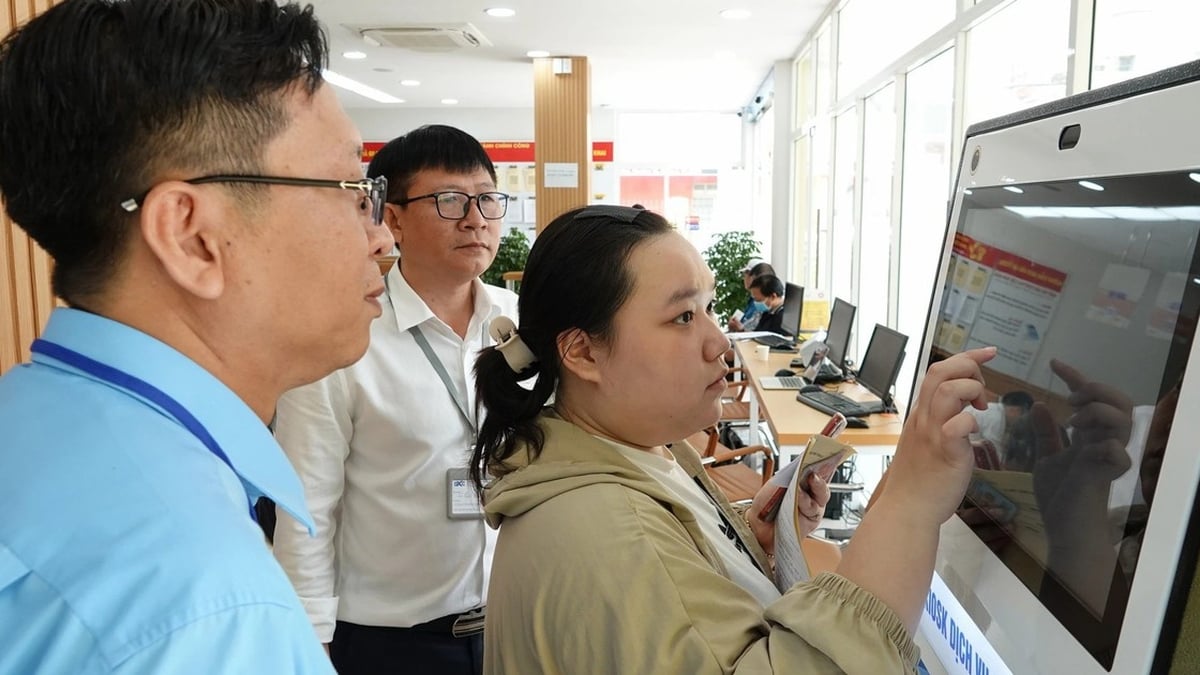
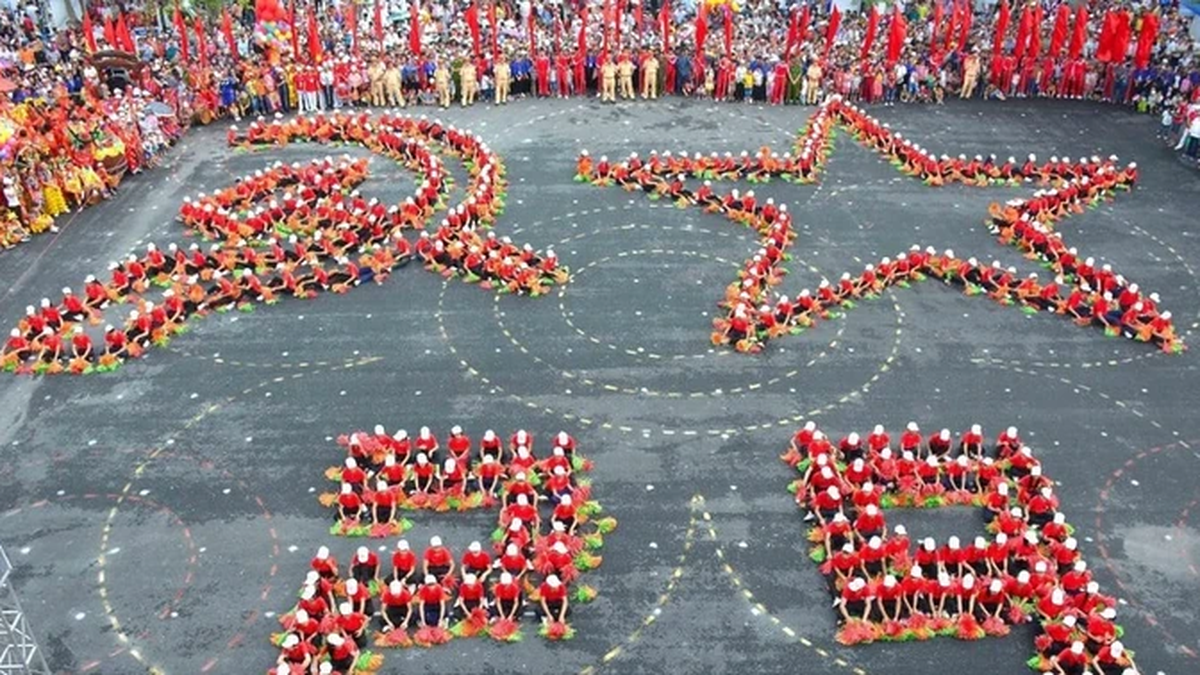















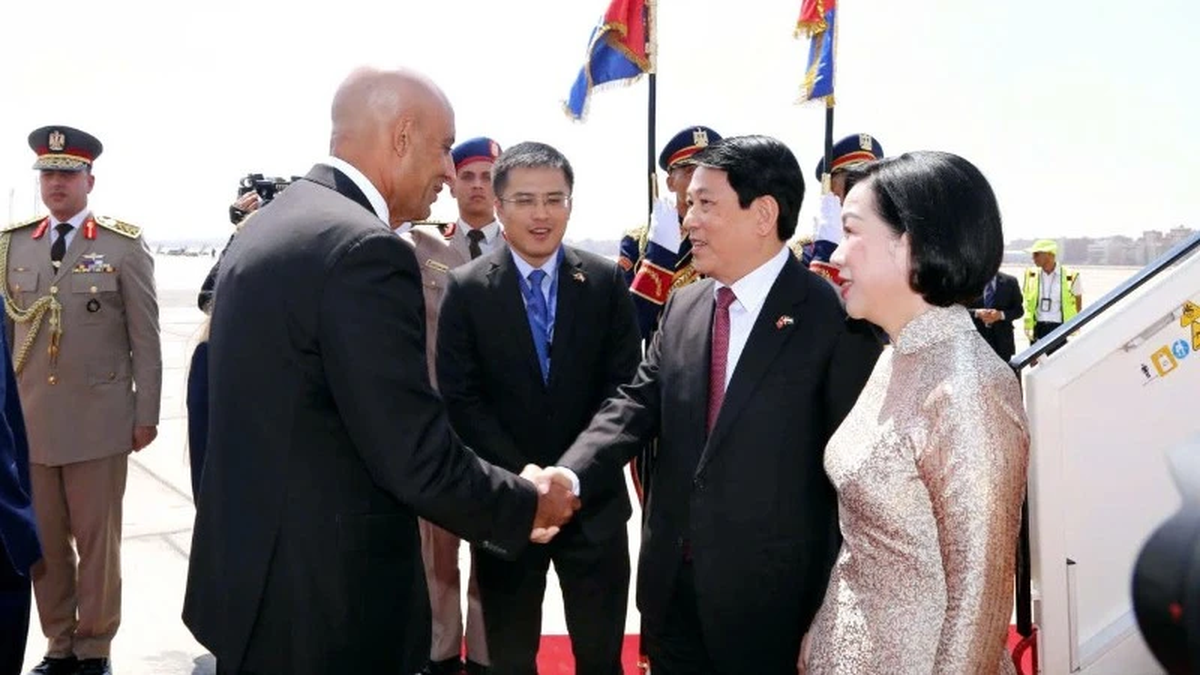


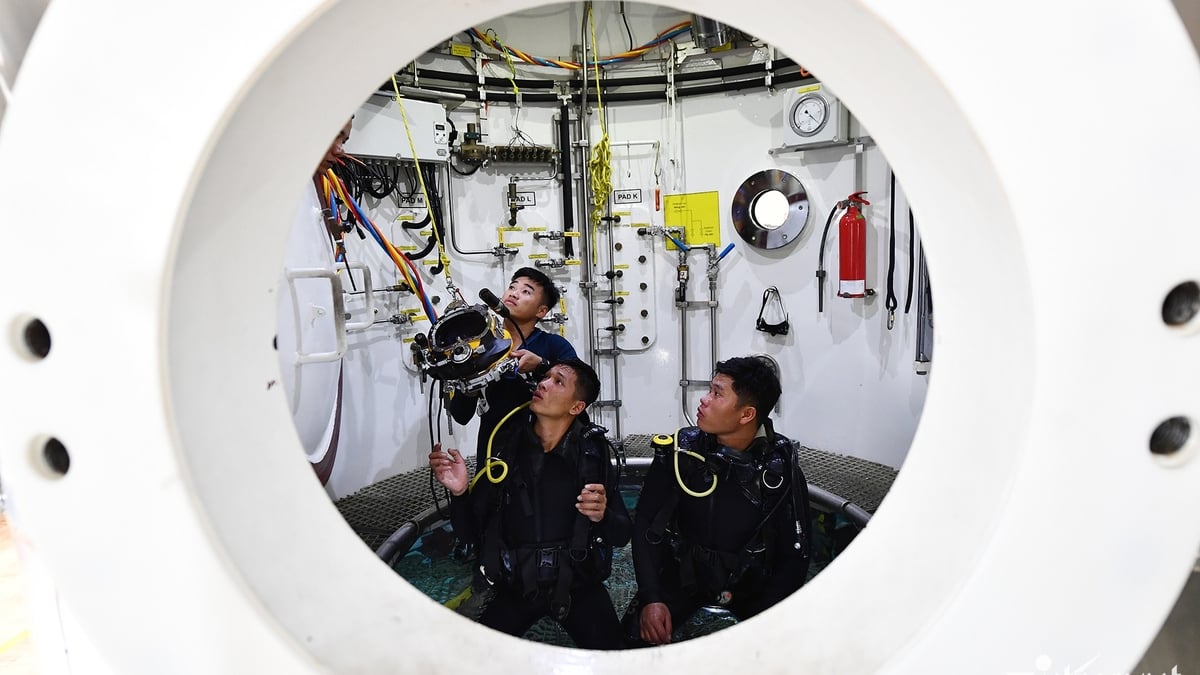




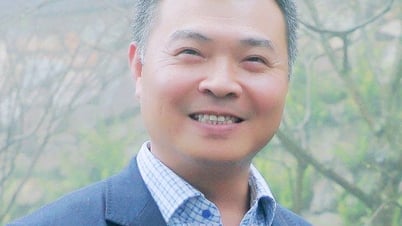

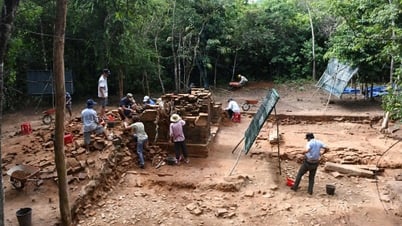














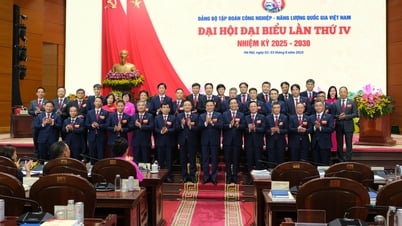

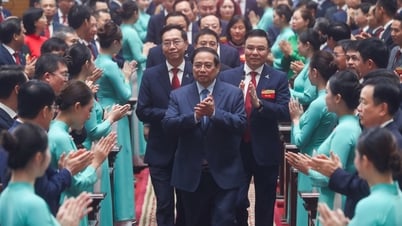
















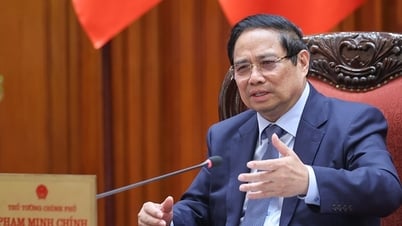


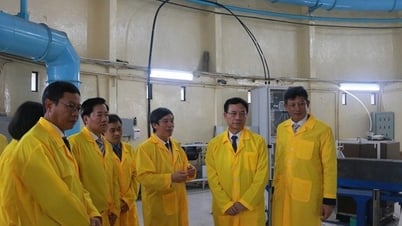


























Comment (0)